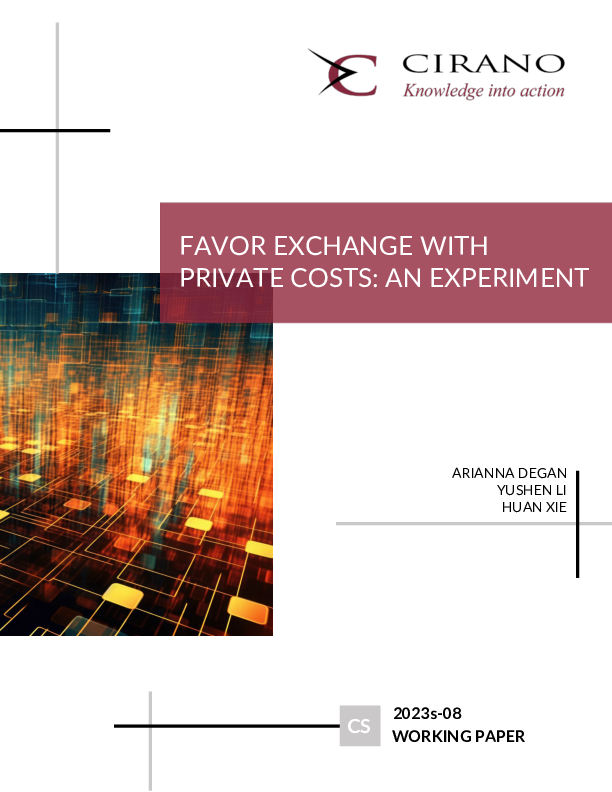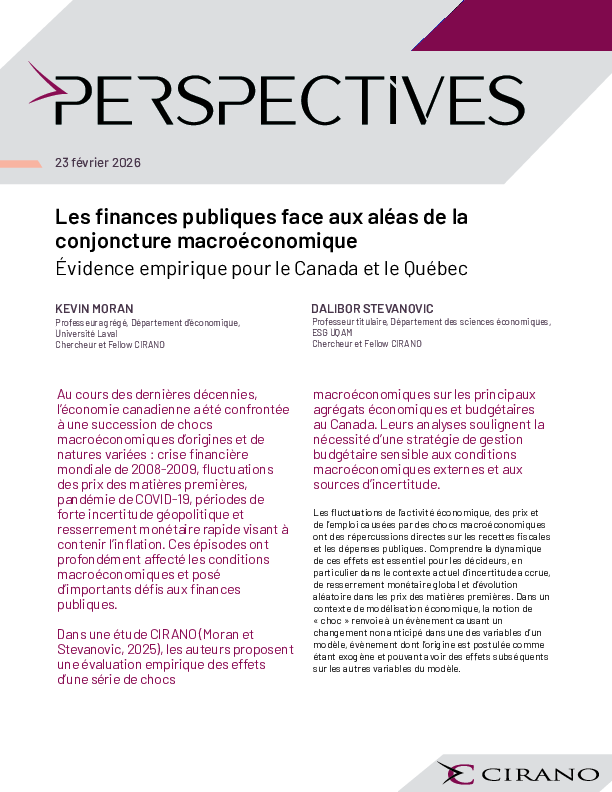Favor Exchange with Private Costs: An Experiment
We conduct an experiment on a two-player infinitely repeated favor exchange game. In the stage game, each player must decide whether to provide a favor to the other player. A favor generates a fixed benefit for the recipient and a cost for the provider, which can be either low or high. We study the situation where this cost is private information, and it is efficient to provide a favor only when the cost is low. We address two general questions: To which extent subjects exchange favors in ways that are payoff enhancing, given that private information hinders exchanging favors efficiently? Which strategies do subjects choose and what are the driving forces behind their choices? We focus on Stationary Strongly Symmetric (SSS) strategies, where players play the same strategy after any history, and Equality Matching (EM) strategies, where subjects keep track of the net tallies of favors. We find that overall subjects in the experiment exchange favors to a relatively large extent and achieve an average payoff-efficiency index exceeding 60%. Although simpler strategies, as SSS, are played with the highest frequency, more complex strategies, as EM strategies, explain an important proportion of the data. Subjects’ behaviors are not always consistent with incentive compatibility or driven by the attainment of the highest payoffs. The results also suggest that rewarding subjects for trusting and reciprocating when it is efficient might be more acceptable than requiring them to take very costly actions on equilibrium path, even when it is overall payoff enhancing.




